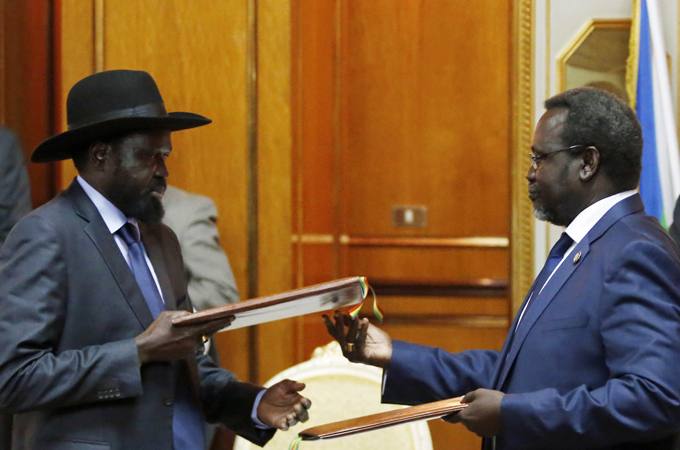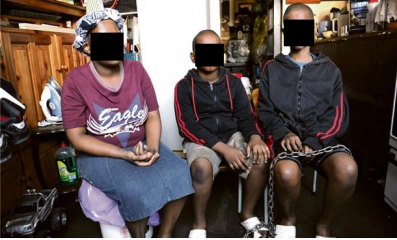By Kyle Herda
Impunity Watch Reporter, Europe
WARSAW, Poland – President Barack Obama visited Poland today, the first of three European countries he will be visiting to show a sign of support and belief in security in the region. While there, President Obama promised help to the warring region.

Problems in Eastern Ukraine have worsened since the election of new Ukrainian President Petro Poroshenko. Violence in Slovyansk continued to climb as Ukraine’s military entered the city and pushed through a new offensive against the pro-Russian rebels. Locals even reported hearing Ukrainian combat jets and helicopter gunships… and heavy artillery barrages…” At least one government helicopter has already been shot down since President Poroshenko’s election on May 25, 2014.
On Monday, the rebels also pushed forth a new offensive, attacking border guards base on the outskirts of Luhansk; both sides are reporting casualties.
Russia’s continued heavy military presence along the western border of Russia, in addition to the recent and current events that unfolded in Ukraine, have led nearby nations to worry about their future during or after the Ukraine conflict comes to an end. While in Europe, President Obama will stop in a few European countries in order to encourage and show US-backed support for the Eastern European nations.
While in Poland, President Obama called on Russian President Vladimir Putin to pull Russian troops off of Russia’s western border, encourage pro-Russian rebels to stop fighting, and back Ukraine’s recent presidential election.
In addition to verbal support and symbolic support, President Obama also swore to support Europe in other means, both financial and militaristic. He asked Congress to fund $1 billion to support security of NATO allies. President Obama also stated that he would be sending more military personnel to central and eastern parts of Europe. The US, however, still chooses not to supply weapons to western Ukraine.
While in Europe, President Obama will be meeting with French President Francois Hollande, while Russian President Putin will also be meeting with French President Hollande and also German Chancellor Angela Merkel, all in hopes that some peace agreement can be made.
As the body count continues to pile up, now with over 180 deaths according to Ukraine’s acting chief prosecutor, Oleh Makhnitskiy, nearby former-soviet nations like Moldova and Belarus are certainly feeling the heavy shadow of Russia extending over Eastern Europe. President Obama’s requested aid to NATO and the scheduled meetings between national leaders in Europe this week may prove to be positive steps towards stabilizing Europe.
For more information, please see:
CNN – Obama urges Putin to make choice over Ukraine 3 June 2014
Time – Ukraine Military Launches Offensive Against Rebels 3 June 2014
USA Today – U.S. Reaffirms: No Weapons Will go to Ukraine 3 June 2014
Washington Post – In Ukrainian Presidential Election, Chocolate Tycoon Poroshenko Claims Victory 25 May 2014


